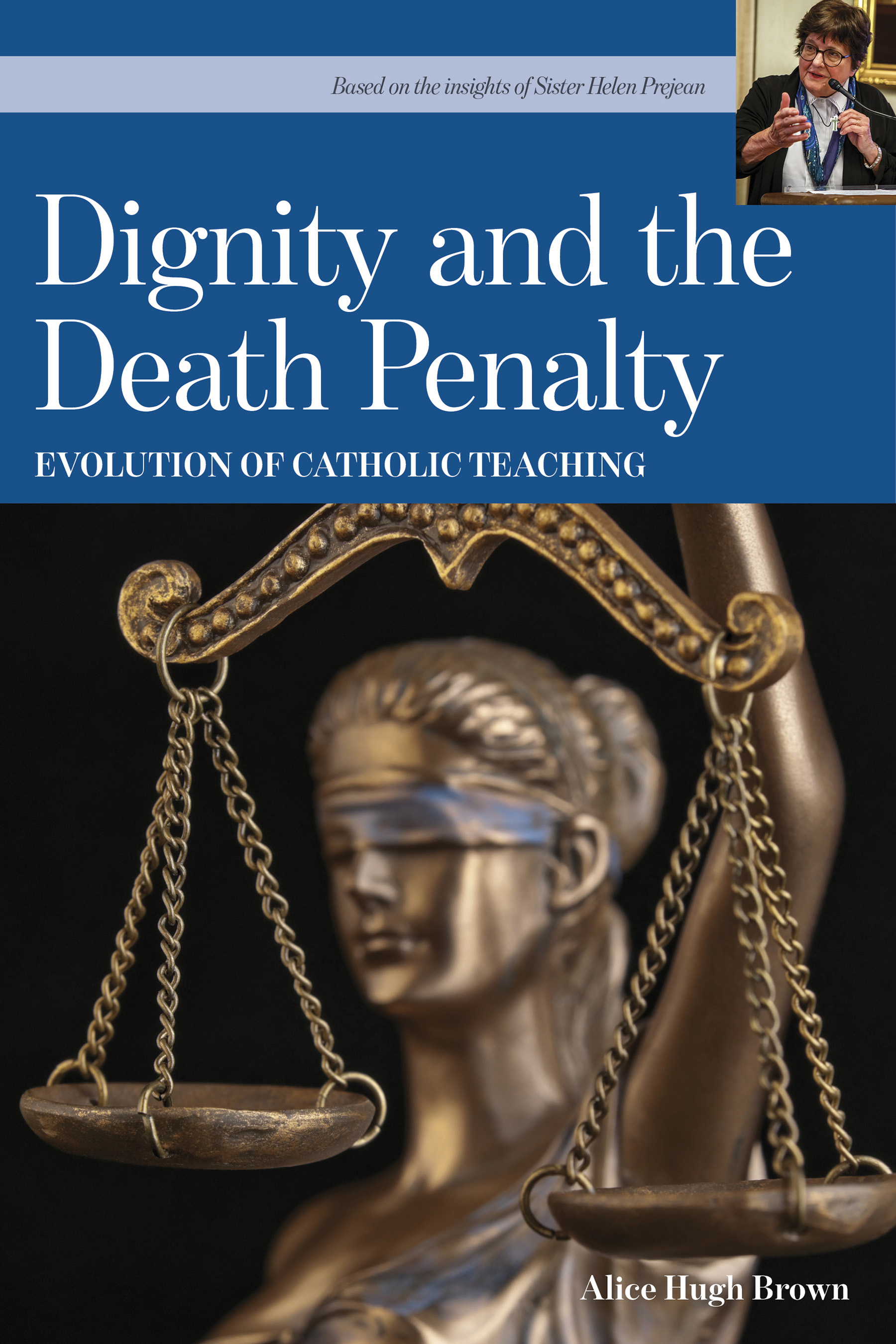A reading from the Book of Wisdom
(Chapter 9:13-18b)
The author of the Book of Wisdom asks, “Who can know God’s counsel, or who can conceive what the Lord intends?” The author gives his answer toward the end of this passage: “Or who ever knew your counsel, except you had given wisdom and sent your holy spirit from on high?”
The only knowledge we have of God comes from God. God sends us his Holy Spirit, according to the author, writing during the century before the birth of Jesus. Today, we Christians say our knowledge of God comes from the Holy Spirit who dwells in us.
Responsorial Psalm
(Psalm 90:3-4, 5-6, 12-13, 14-17)
“In every age O Lord, you have been our refuge.” Throughout the history of Judaism and Christianity God has always been presented as the recourse of those who are troubled. In your darkest times, do you experience God as your refuge?
A reading from St. Paul's letter to Philemon
(Philemon 9-10, 12-17)
In ancient times, slaves were often treated cruelly as we might imagine, but there were also slaves who rose to positions of wealth and even authority in the Roman Empire. Onesimus was not one of those elite slaves, but he was much loved and respected by Paul who considered him a brother. Paul writes from prison to Philemon, a leader of the Church in Colossae, asking him to also consider Onesimus as a brother. Paul is not challenging the institution of slavery but rather calling this young man, Onesimus, to a whole new identity.
Tragically, it took thousands of years and hundreds of millions of destroyed lives before slavery came to be regarded as unjust and immoral in much of the world. Yet, even today, there are more than a million people still living in bondage. Let us remember to pray for all those who have lived and died in slavery and for those who are still enslaved.










